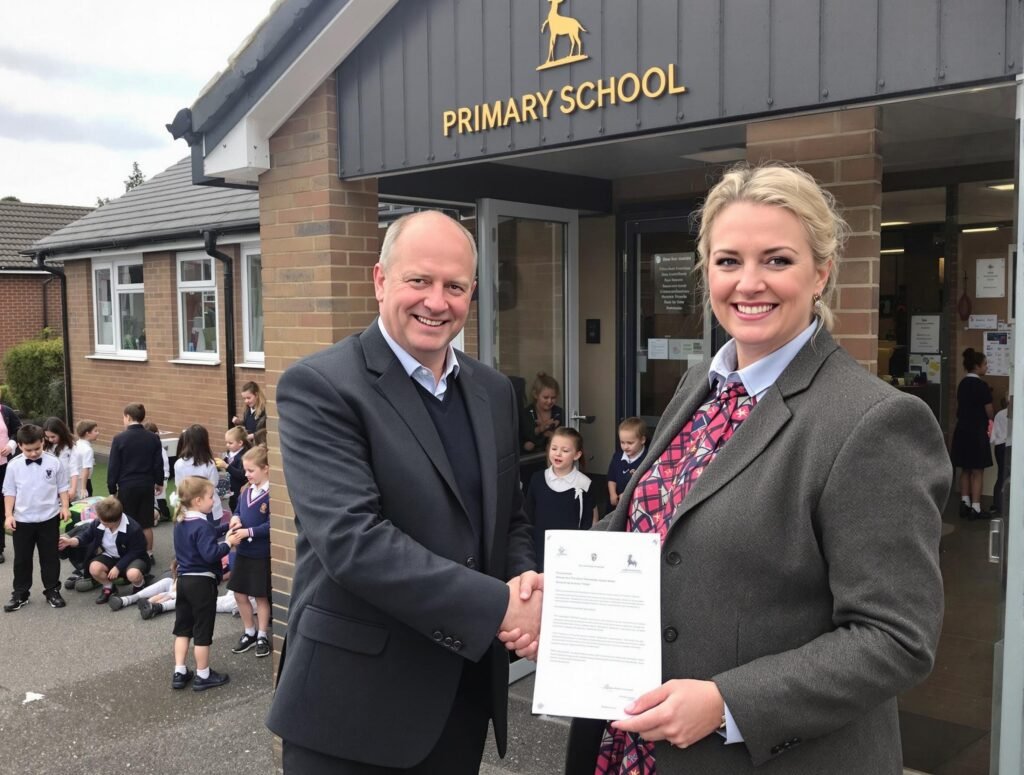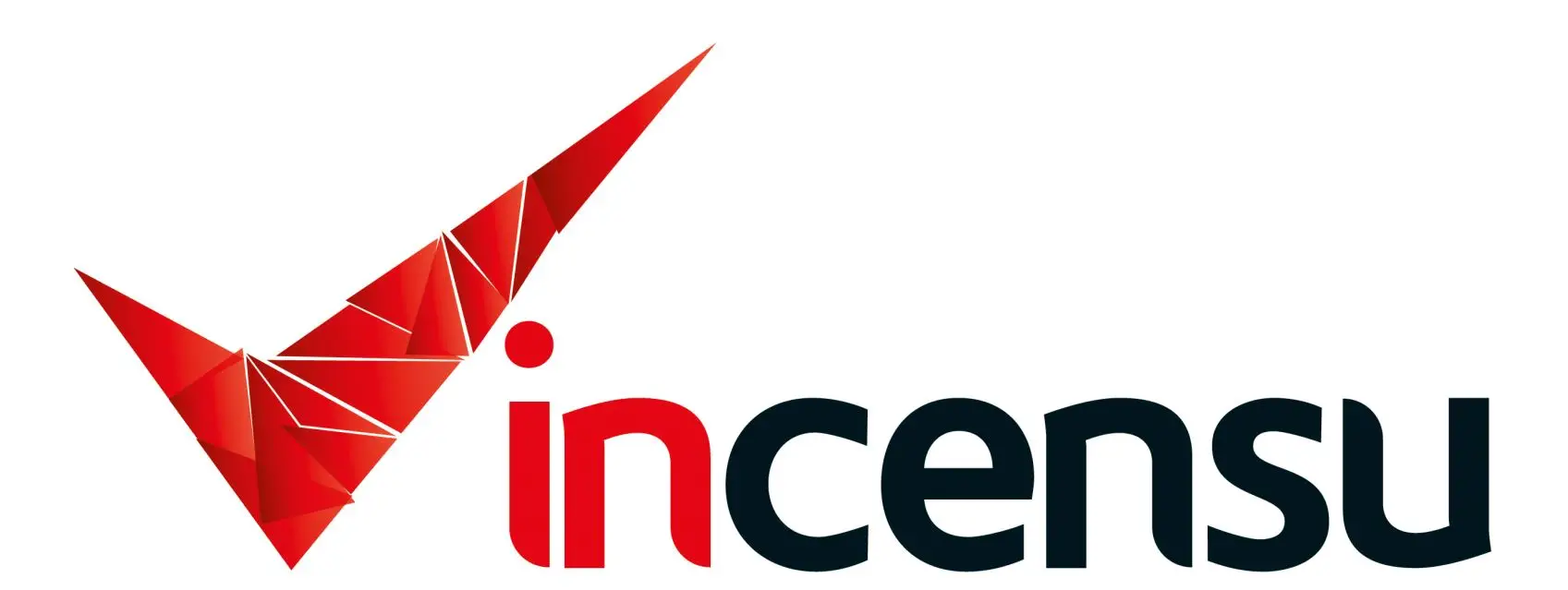
Social Value – A Central Pillar of Best Practice
Social value is no longer a “nice-to-have” in education procurement; it’s a central pillar of best practice and legislative compliance. For MAT leaders, headteachers, and school business managers, prioritising social value means making purchasing decisions that benefit pupils, the local community, and the environment—while still meeting the needs of your school or trust. This guide explores how schools can maximise social value in school procurement through local suppliers, community engagement, and sustainable purchasing.
What Is Social Value in School Procurement?
Social value refers to the wider benefits that a contract or supplier brings beyond the goods or services provided. In education, this includes:
- Supporting local businesses and employment
- Reducing environmental impact
- Enhancing community wellbeing
- Promoting equality, diversity, and inclusion
- Encouraging ethical and sustainable business practices
The UK’s Procurement Act 2023 and the Public Services (Social Value) Act 2012 both require public sector organisations—including schools and MATs—to consider social value in all significant procurement activity.
Why Prioritise Local Suppliers?
Supporting Your Community
Choosing local suppliers helps strengthen the local economy, create jobs, and foster community pride. For schools, this can mean:
- Faster response and delivery times
- Greater flexibility and understanding of school needs
- Opportunities for local partnerships, sponsorships, and events
Compliance and Reputation
Working with local businesses demonstrates your commitment to public value and community benefit—key factors in Ofsted inspections and public scrutiny.
How to Find and Prioritise Local Suppliers
Use National and Local Supplier Registers
Platforms like the Incensu National Register of Education Suppliers allow you to filter by location, so you can identify reputable local businesses with the right credentials.
Ask the Right Questions
When evaluating suppliers, consider:
- Are they based within your region or county?
- Do they employ local staff or apprentices?
- Do they support local charities, events, or education initiatives?
Build Relationships
Invite local suppliers to school events, networking sessions, or “meet the buyer” days. This fosters trust and helps you assess their suitability in person.
Sustainability and Environmental Considerations
Why It Matters
Schools have a duty to reduce their carbon footprint and promote environmental responsibility. Sustainable procurement can include:
- Choosing suppliers with ISO 14001 or similar environmental certifications
- Prioritising products with low environmental impact (e.g., recycled materials, energy-efficient equipment)
- Reducing transport emissions by buying locally
What to Look For
- Environmental Policies: Ask for written evidence of sustainability commitments.
- Product Lifecycle: Consider the full lifecycle of goods—from sourcing to disposal.
- Green Credentials: Look for accreditations such as Eco-Schools, Carbon Trust Standard, or BREEAM for building projects.
Embedding Social Value in Your Procurement Process
Update Your Policies
Ensure your procurement policies require social value to be considered in all relevant contracts. Set clear criteria for evaluating bids, such as:
- Percentage of spend with local suppliers
- Environmental impact assessments
- Commitments to community engagement
Score and Monitor
Include social value as a weighted criterion in tender scoring. After awarding contracts, monitor supplier performance on social value commitments and request regular updates.
Practical Steps for Schools and MATs
- Map Your Current Spend: Identify opportunities to switch to local or more sustainable suppliers.
- Engage Stakeholders: Involve staff, governors, and students in setting social value priorities.
- Use Frameworks: Many public sector frameworks now include social value requirements—check supplier credentials carefully. See Crown Commercial Service.
- Share Success Stories: Publicise the positive impact of your procurement choices to parents, governors, and the wider community.
Conclusion
Maximising social value in school procurement is about more than compliance—it’s an opportunity for schools and trusts to lead by example, support their communities, and protect the environment for future generations. By prioritising local suppliers, demanding sustainability, and embedding these values into your procurement processes, you can deliver real, measurable benefits for your school and beyond.
Ready to find trusted, local, and sustainable suppliers?
Start your search on the Incensu National Register of Education Suppliers.
